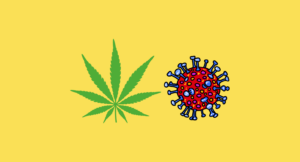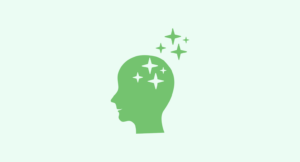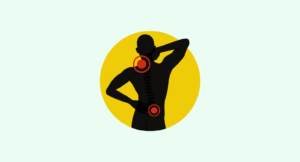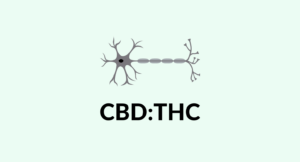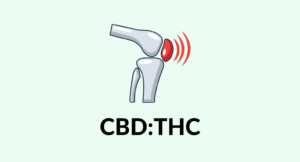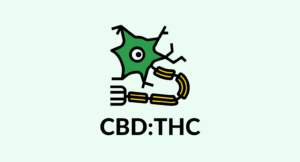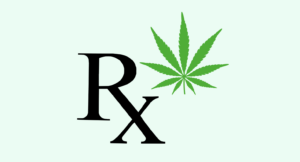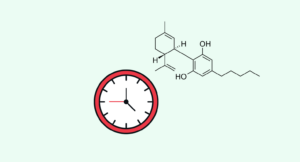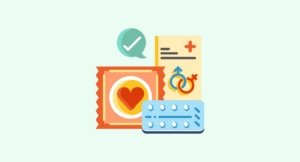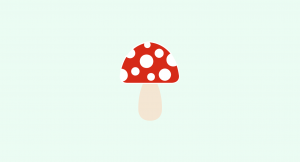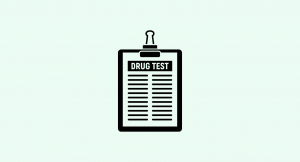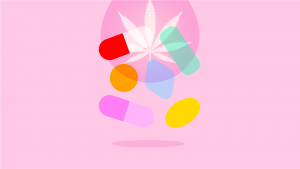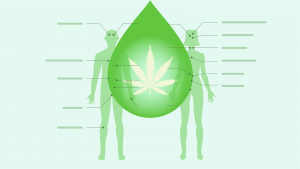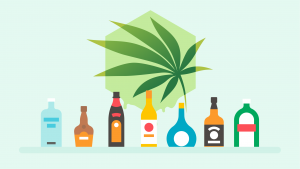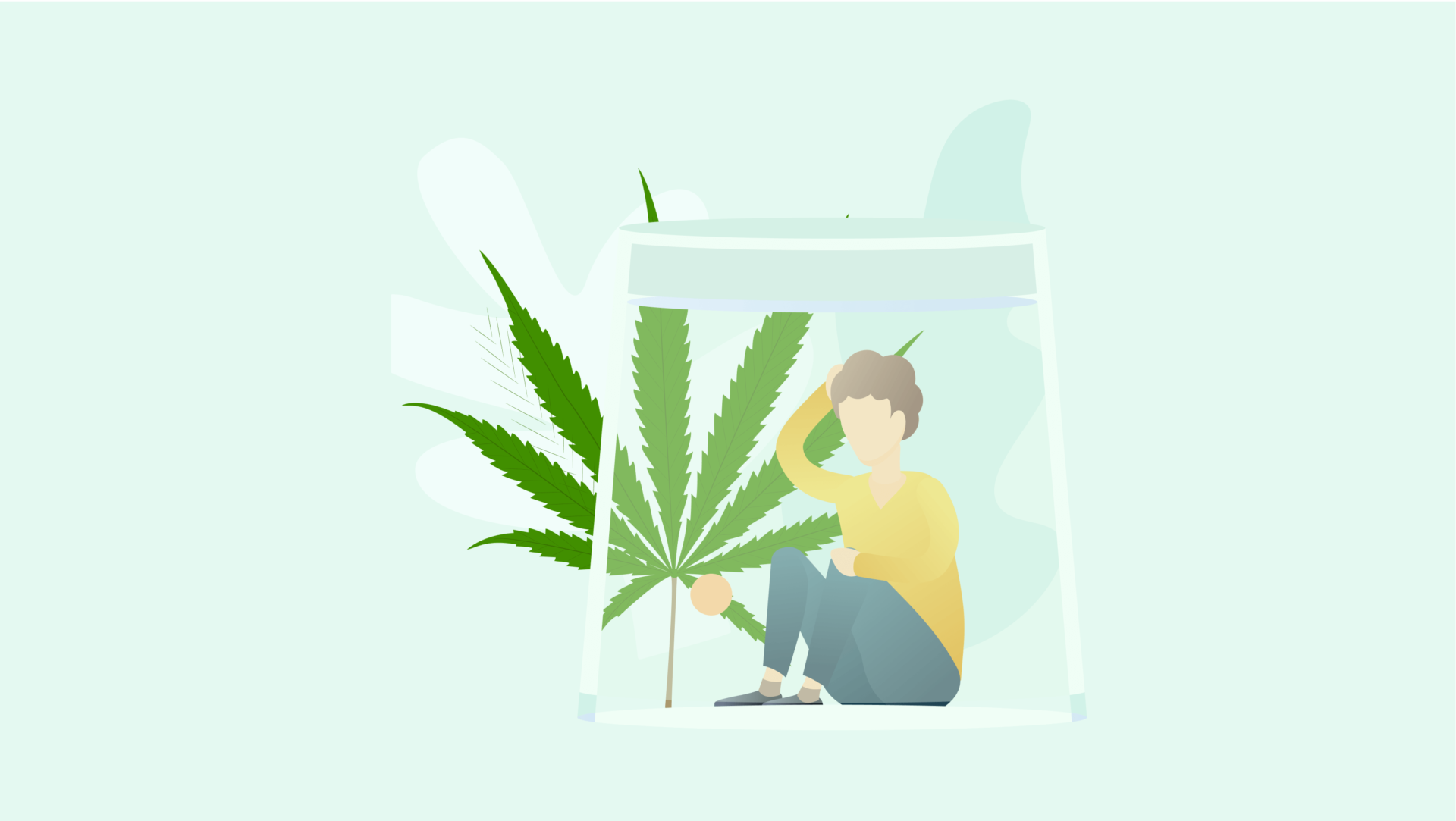
Evidence based
Can CBD Stop a Hangover?
Can CBD cure a hangover?
There’s a lot of misinformation going around. Let’s clear the air on whether or not CBD can actually stop a hangover or not.
We’ve all been there before — it’s 1 pm as you roll out of bed. Your mouth feels as dry as the Sahara desert and your head is pounding as you’ve just survived 12 rounds in the ring with Mike Tyson.
You’re nauseous and feeling exceptionally unmotivated. If only you hadn’t drunk so much last night…
How do you get rid of a hangover?
A greasy burger, Pedialyte and Gatorade, pickles, glass of milk, or the good ol’ hair of the dog that bit you — another drink. Everyone seems to have their own hangover cure. We’ll be exploring another trending remedy, CBD.
Can CBD (cannabidiol) really relieve a hangover?
In this article, we’ll bust the door wide open on the use of CBD for hangovers. We cover what causes the symptoms of a hangover and investigate whether or not CBD oil offers any practical use for these symptoms.
Let’s break this topic down into its parts. Starting with how a hangover works.
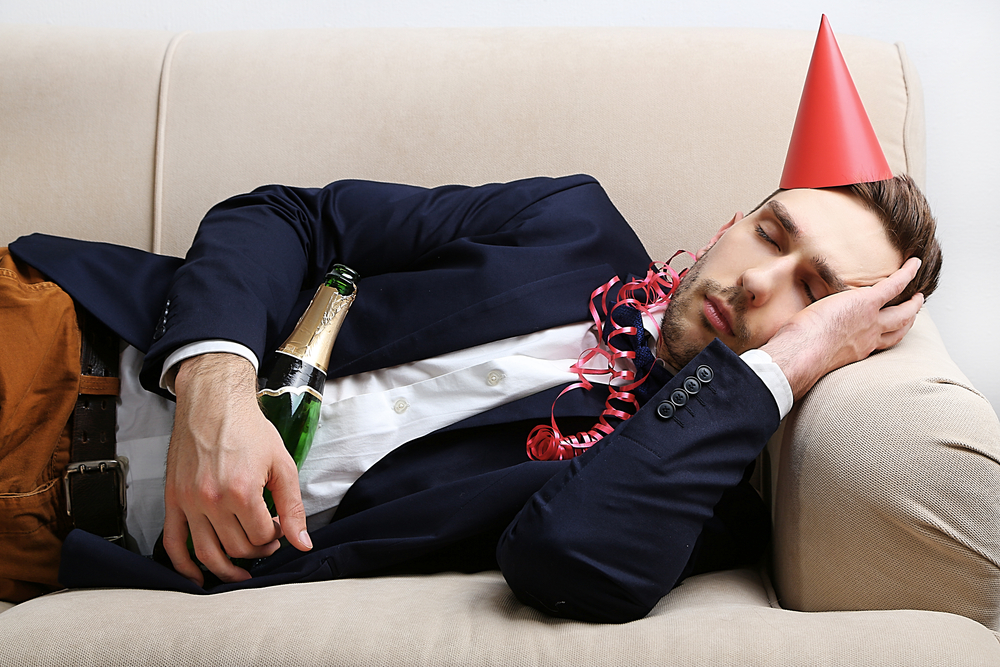
What Causes a Hangover?
Most people know that hangovers are caused by drinking alcohol — but few people understand precisely how drinking results in the symptoms of a hangover.
Alcohol is relatively toxic. When you drink, you’re forcing your body to adapt to the influx of the compound and eliminate it as quickly as possible. The effects of a hangover, in general, are the results of those changes.
Hangovers will go away on their own but can take up to 24 hours to disappear completely.
To understand how CBD might help, we have to discuss the underlying causes of hangover symptoms.
1. Alcohol Activates a Region in the Brain That Controls Vomiting
Symptoms Caused by This Effect
- Nausea
- Vomiting
- Indigestion
- Abdominal pain
How it Works
When alcohol levels rise in the bloodstream, it can set off alarms in a region of the brainstem responsible for controlling nausea and vomiting — aptly named the vomiting center. This triggers muscle contractions to expel the contents of the stomach, preventing the absorption of toxic substances.
The body does this as a way to protect itself. The general idea is to prevent any more alcohol from entering the bloodstream — in this case by rejecting everything in the stomach.
This usually happens while inebriated but can continue for several hours afterward — stretching into the following morning.
Alcohol also causes your stomach to produce more acid. This delays digestion and causes abdominal pain, nausea, and vomiting.
Can CBD Offer Any Help for Nausea?
Although there’s little CBD can do to prevent the effects of alcohol on stomach acid, it may offer some support for the vomiting center in the brainstem.
This might get complicated, but the bottom line here is that CBD has anti-nausea benefits through its effects on serotonin in the brainstem.
This is the only real benefit CBD has for hangover symptoms.
The vomiting center is regulated in part by the endocannabinoid system (specifically, the CB1 receptors) — It’s the primary mechanism of action CBD uses to exert its effects. Other factors include serotonin and the opioid system — both of which are also important for this region of the brain [1,2].
Research suggests that CBD exerts its anti-nausea effects indirectly by activating the 5HT-1A receptors in the brainstem — also known as the serotonin receptors [3]. Activating these receptors is thought to lower the release of 5-HT (serotonin), which blocks the sensation of nausea and the urge to vomit.
Another cannabinoid that’s even better at reducing the effects of nausea is THC (tetrahydrocannabinol).
This compound directly activates the CB1 endocannabinoid receptors in the brainstem — which block signals produced by the vomiting center and effectively stop feelings of nausea in its tracks [3].
The only problem is that THC is psychoactive, and illegal in most parts of the world. So if you’re looking for the benefits without the high, stick to a CBD-rich hemp extract instead.
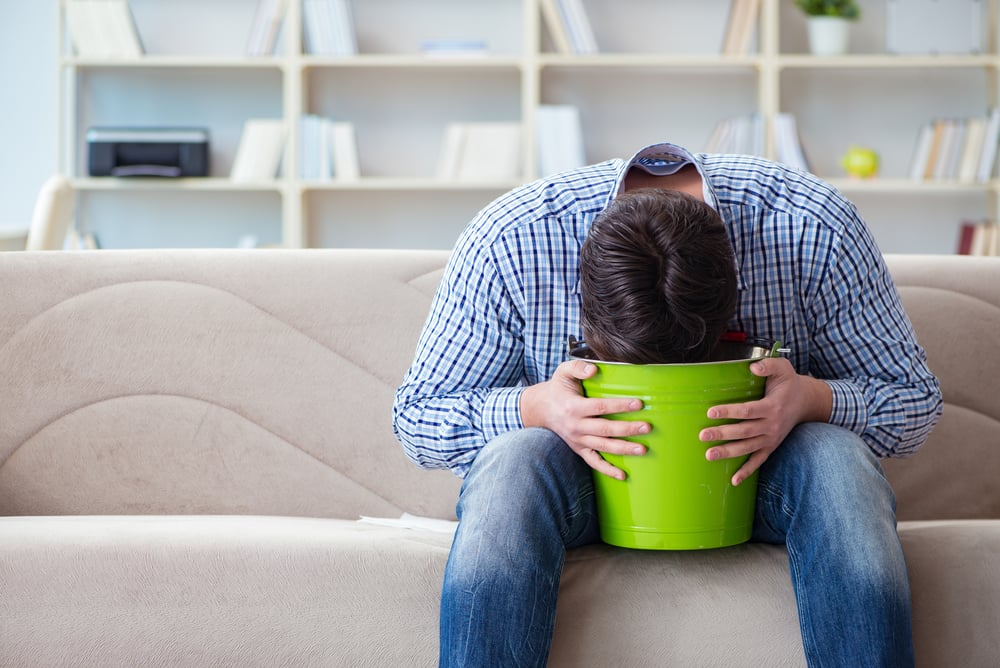
2. Alcohol Increases Urine Production
Symptoms Caused by This Effect
- Dehydration
- Fatigue
- Low blood pressure
- Dry mouth
- Irritability
How it Works
Alcohol is a diuretic — which means it causes you to produce urine at a faster rate than usual. This is simply the body’s way of removing the compound from the bloodstream.
If you’re excreting more fluid than you’re taking in (aka, not drinking enough water), you’re going to be dehydrated within a couple of hours. This is one of the main reasons you feel lightheaded, dry-mouthed, and dizzy the following morning.
As the fluid moves through the kidneys to form urine, it carries electrolytes from the bloodstream along with it — such as magnesium, sodium, or potassium.
This can lead to nutrient deficiencies that can cause symptoms like headaches, low immunity, and brain fog.
Can CBD Offer Any Help for Dehydration?
CBD has little to do with the production of urine — so you’ll need to make sure you drink enough water while consuming alcohol to counteract the loss of fluids.
CBD is not a cure-all, so you’ll need to make sure you’re taking other measures to care for yourself while consuming alcohol — such as drinking water in between alcoholic drinks.
According to WebMD, for every alcoholic drink you consume, your body eliminates about 4 times as much fluid — so you need to drink a fair bit of water if you want to avoid feeling dehydrated the following morning.
3. Alcohol Causes Low Blood Sugar Levels
Symptoms Caused by This Effect
- Shakiness
- Irritability
- Fatigue
- Lightheadedness
- Poor concentration
How it Works
Alcohol can reduce blood sugar levels directly — leading to states of hypoglycemia where there isn’t enough sugar in the blood to meet the demands of the internal organs. Early signs of this involve muscle shakes and irritability. While intoxicated, these symptoms often go unnoticed, only to appear the following morning.
This is made worse by consuming high-sugar foods and beverages (like beer, wine, or cocktails) while drinking.
You may be wondering — how can sugary foods lead to low sugar?
The reason why this happens is due to a hormone called insulin. This hormone is released by the pancreas as blood sugar levels rise. Its job is to transfer sugar into the cells where it can be used to produce energy.
If we consume sugary foods, our blood sugar levels rise rapidly. Insulin is released to do its job, but quickly removes most of the sugar in the bloodstream. As soon as we stop taking in these simple sugars, we can rebound in the opposite direction — leading to a crash in blood sugar levels. This usually happens while we’re asleep, leaving us fatigued, shaky, and irritable the following morning.
Can CBD Offer Any Help On Regulating Blood Sugar Levels?
CBD has clear benefits towards blood sugar control — but this effect is over the long-term rather than after just one night of drinking.
Chronic alcohol use has a whole other set of consequences related to blood sugar that may be well-suited for CBD supplementation. Frequent spikes and subsequent drops in blood sugar levels can lead to insulin sensitivities over time [4].
A large-scale research study on the effects of marijuana on insulin resistance found a 17% reduction of insulin resistance in marijuana users over non-users [5].
There may be long-term protective effects from cannabinoids, however. For example, CBD may protect the body from the negative impact alcohol has on blood sugar levels — there’s little it can do in the short term.
The best solution is to make sure you’re eating during a big night out and avoid high-sugar beverages. Aim to consume foods high in protein and complex carbs instead of sugary meals.
Related: Does CBD Interact With Alcohol?
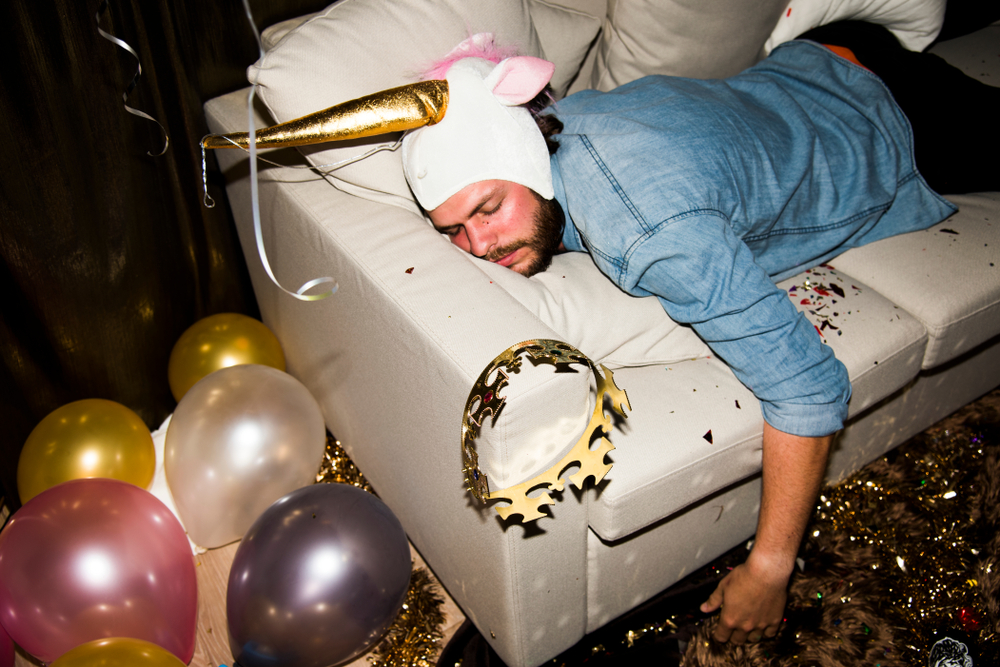
Additional Tips for Preventing Hangovers
Hangovers are a collection of symptoms produced by the effects of alcohol on the body. It’s hard to pinpoint one exact cause as many of the symptoms overlap — “is my headache a result of magnesium deficiency, or dehydration… or both?”.
The bottom line here is that the best treatment for this condition is always going to be a multifaceted approach — that is, a collection of different treatments, rather than just one.
CBD is a great addition if nausea is a major problem but isn’t going to address all of your symptoms.
Instead, it’s best to combine CBD with other methods.
Let’s cover a few in more detail:
Drink plenty of water
One of the biggest causes of hangover symptoms is dehydration. Ensure you’re drinking at least one glass of water for every alcoholic beverage you consume, and keep a bottle of water beside the bed — you’ll thank yourself in the morning.
Take magnesium supplements
This is a critical nutrient involved with well over 300 different enzymatic processes in the human body — including the metabolism of alcohol. It’s common for people to deplete serum magnesium after a night out which can lead to headaches and brain fog.
Get plenty of sleep
Your body performs a lot of its metabolic processes while asleep — which may explain why your body wants to shut itself down after having a few too many drinks.
Related: Best CBD Oil For Sleep.
Take B Vitamins
B Vitamins are a class of compounds that serve as cofactors for the body. Many of them are used up as the body converts alcohol to less harmful byproducts, so it can help to take an extra boost of these helpful compounds before going to bed.
Eat foods high in protein and complex carbohydrates
Crashes in blood sugar after a night out can leave us feeling shaky, irritable, and tired. Make sure your body has the energy it needs by making an effort to eat quality foods while you’re out.
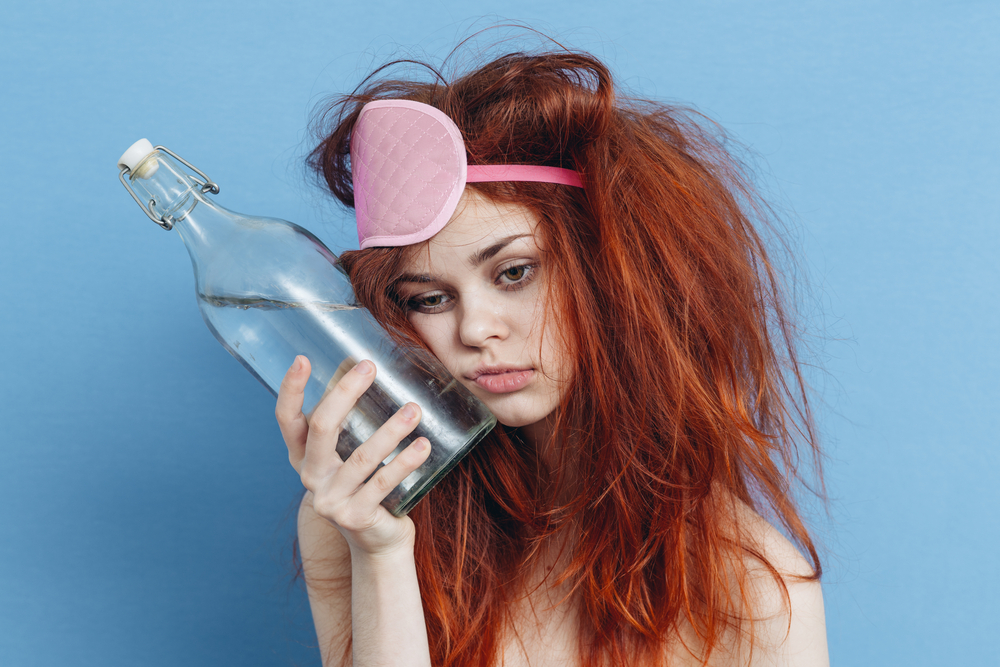
Summary: Can CBD Really Help With Hangover Symptoms?
CBD is an excellent supplement with a long list of potential benefits. Some of these benefits may even offer support during a hangover — but it’s certainly not a cure. In fact, aside from helping people with alcohol-induced nausea, CBD offers little help to those suffering from a hangover.
The best way to avoid or mitigate the effects of a hangover is always going to be consuming less alcohol, drinking plenty of fluids, taking electrolytes, and avoiding alcohol on an empty stomach.
Bottom Line: If you’re feeling nauseous during a hangover, you may want to keep a bottle of CBD oil nearby.
Best CBD Oil For Hangovers (Nausea)
| Number | Product | Total CBD | Potency | Cost per mg CBD | Link |
|---|---|---|---|---|---|
|
1 |

Royal CBD Oil |
250 – 1000 mg |
8.3 – 33.3 mg/mL |
$0.15 – $0.26 |
|
|
2 |

CBDistillery Full-Spectrum CBD Oil Tinctures |
250 – 5000 mg |
8.3 – 166 mg/mL |
$0.05 – $0.12 |
|
|
3 |
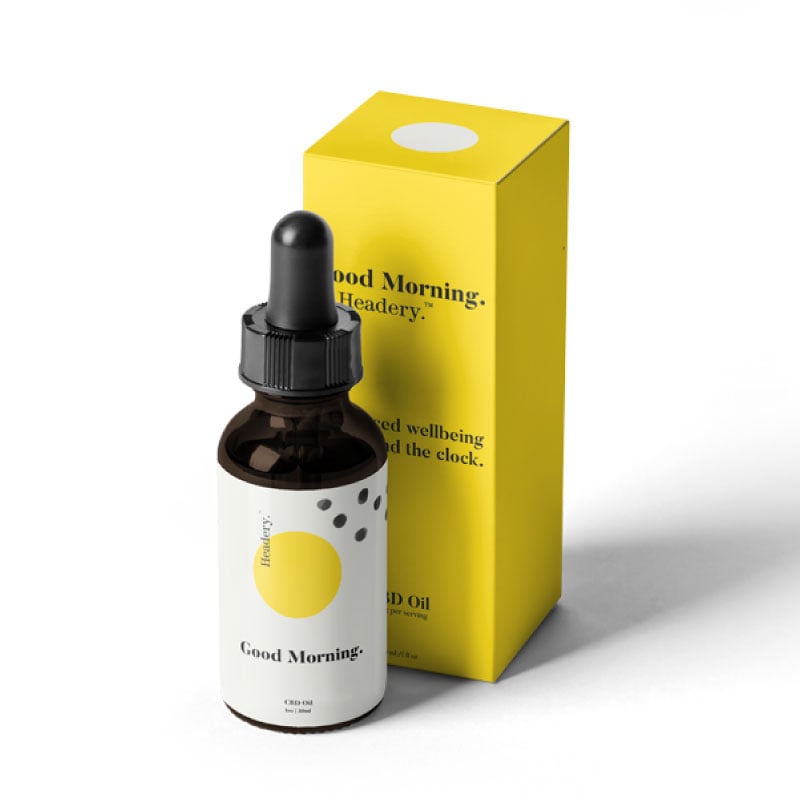
Good Morning. By Headery |
900 mg |
30 mg/mL |
$0.08 |
|
|
4 |

Social CBD Drops |
1000 mg |
33.33 mg/mL |
$0.07 |
|
|
5 |

Holistic Hemp Scotland Alpine Oil |
500 mg |
50 mg/mL |
£0.06 |
|
|
6 |

Nordic Oil Full-Spectrum CBD Oil With Curcumin & Piperine |
1500 mg |
150 mg/mL |
€0.10 |
References
- Jacobs, B. L., & Azmitia, E. C. (1992). Structure and function of the brain serotonin system. Physiological reviews, 72(1), 165-229.
- Freundt-Revilla, J., Kegler, K., Baumgärtner, W., & Tipold, A. (2017). Spatial distribution of cannabinoid receptor type 1 (CB1) in normal canine central and peripheral nervous system. PloS one, 12(7), e0181064.
- Parker, L. A., Rock, E. M., & Limebeer, C. L. (2011). Regulation of nausea and vomiting by cannabinoids. British journal of pharmacology, 163(7), 1411-1422.
- Sierksma, A., Patel, H., Ouchi, N., Kihara, S., Funahashi, T., Heine, R. J., … & Hendriks, H. F. (2004). Effect of moderate alcohol consumption on adiponectin, tumor necrosis factor-α, and insulin sensitivity. Diabetes care, 27(1), 184-189.
- Penner, E. A., Buettner, H., & Mittleman, M. A. (2013). The impact of marijuana use on glucose, insulin, and insulin resistance among US adults. The American journal of medicine, 126(7), 583-589.
- O’Sullivan, S. E., Sun, Y., Bennett, A. J., Randall, M. D., & Kendall, D. A. (2009). Time-dependent vascular actions of cannabidiol in the rat aorta. European journal of pharmacology, 612(1-3), 61-68.

